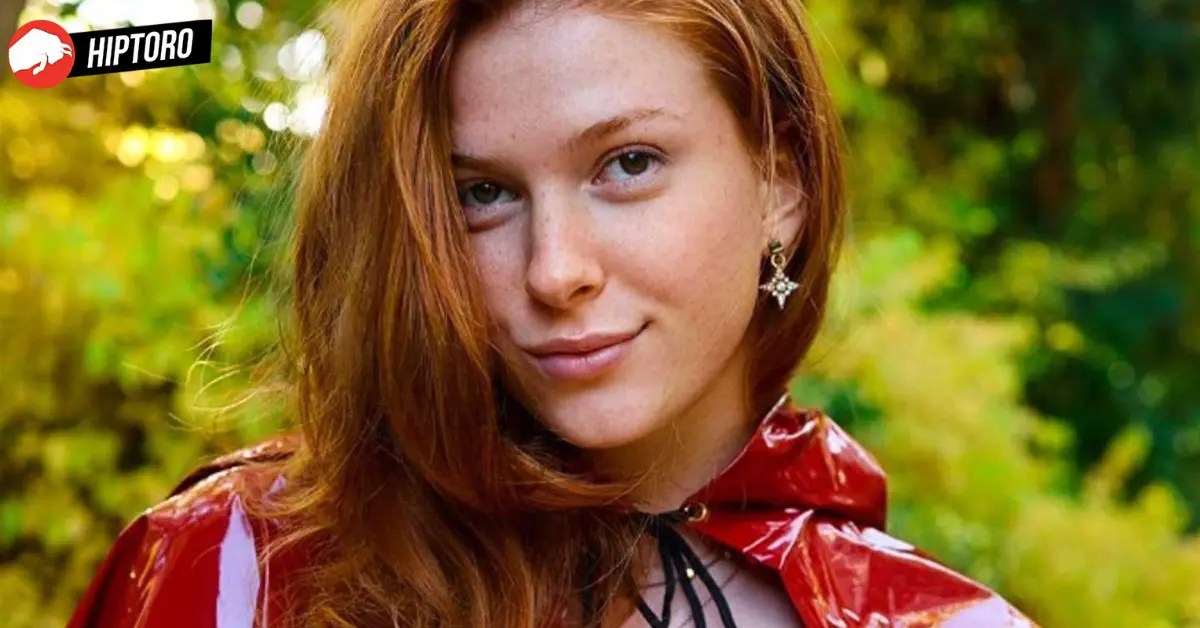The burgeoning creator economy, especially platforms like OnlyFans, promises unprecedented financial independence and direct engagement for content creators. Yet, beneath the veneer of skyrocketing earnings and viral fame, a complex narrative often unfolds. The question of whether Imogen Lucies notable success on OnlyFans ultimately contributed to a personal or professional "downfall" serves as a poignant lens through which to examine the nuanced realities of digital stardom, its inherent pressures, and the societal judgments that frequently accompany it.
Editor's Note: Published on June 1, 2024. This article explores the facts and social context surrounding "did imogen lucies onlyfans success lead to her downfall".
The Ascent
Imogen Lucie emerged as a prominent figure within the OnlyFans landscape, quickly distinguishing herself through a blend of engaging content and a direct, unvarnished approach to her online persona. Her rise was meteoric, reportedly translating into substantial income and a loyal, expansive subscriber base. This financial prosperity and elevated profile were frequently highlighted by various media outlets, often positioning her as an embodiment of the platform's potential for entrepreneurial success. Such narratives typically focus on the tangible gains: the luxury purchases, the freedom from traditional employment, and the perceived autonomy over one's career path. Her story resonated with a segment of the public, demonstrating how the digital realm could empower individuals to monetize their personal brand outside conventional frameworks.
"The digital age has democratized celebrity, but it has also amplified the scrutiny. Every success story on these platforms comes with an invisible weight of expectation and judgment," a media analyst remarked concerning the double-edged sword of online fame.
Unraveling the Notion of "Downfall" in the Digital Age
To accurately assess whether success led to a downfall, one must first define what "downfall" signifies in this context. It is rarely a singular, dramatic event but rather a complex interplay of personal, professional, and societal factors. Potential interpretations include significant mental health challenges, loss of privacy, strained personal relationships, ostracization from mainstream opportunities, or a public perception shift from empowerment to exploitation. For creators like Lucie, the intense performance demanded by such platforms, coupled with the blurring lines between public persona and private identity, can exact a severe toll. The constant pressure to produce new content, maintain subscriber engagement, and navigate online harassment often culminates in burnout or a profound sense of isolation, regardless of financial prosperity. Reports of creators experiencing anxiety, depression, and even addiction underscore the psychological vulnerabilities inherent in this profession.
